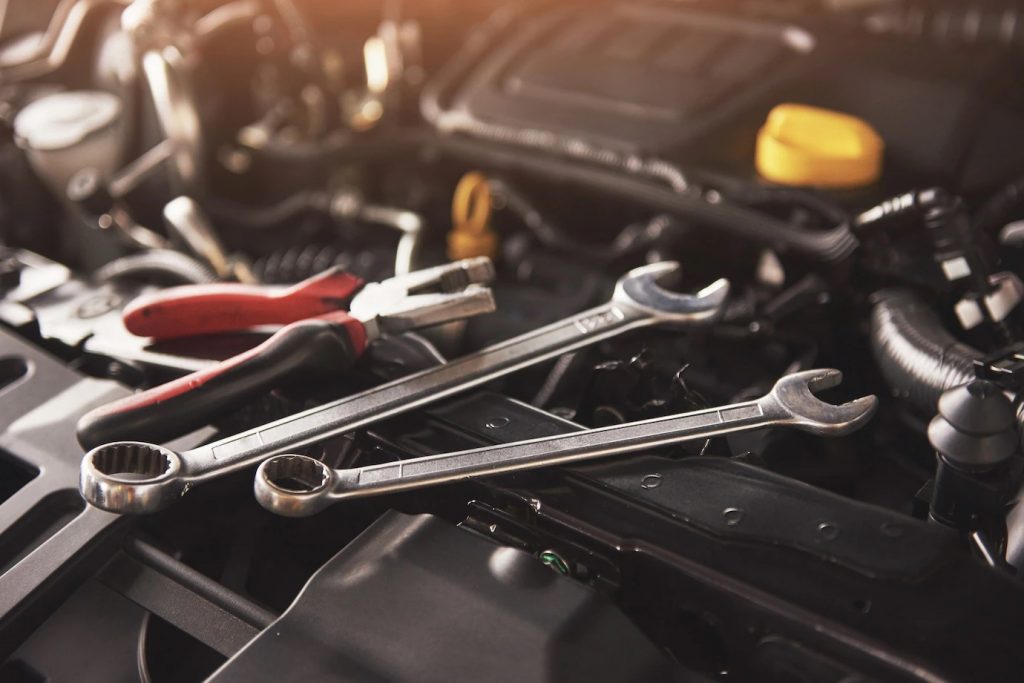Used workshop equipment is a great method to save costs without sacrificing quality. However, you should be mindful of the unwanted shocks that can follow if you do so.
The workshop equipment may have hidden structural damage from improper usage or fewer usable hours than intended, both of which waste your money.
How can seasoned builders reduce their exposure to danger when shopping for pre-owned machinery? In this piece, we’ll discuss some of the best practises your business can use to prevent purchasing second-hand or otherwise unsuitable machinery.
The greatest decision can be made for your business if you know exactly what you need from your construction items and what to seek for on the secondhand workshop equipment market.

Find Out How the Tools Will Be Used
It’s crucial to define your needs for the new piece of machinery before diving into the specifics of making a purchase.
You need to think about why you’re using it and what you’ll put it to. Think about the possibility of future upgrades to your workshop equipment to account for inevitable technological advancements. Consider whether or not these technical advancements will really help you with your job, or whether they are just gimmicks.
When deciding whether or not to invest in “new to you” machinery, it’s important to first consider the extent of your business and the ways in which you can put the machinery to its best use, taking into account any available predictions. Use the data here to focus your investigation.
Learn About Your Workplace
There is more to consider than just the weather when assessing the circumstances of your workplace. They include exposure to high or low temperatures, high or low humidity, salinity, and harsh chemicals like snowmelt, fertiliser, or acid.
You’ll also have a better idea of how much time and effort will be needed for routine upkeep. Heavy machinery is just as important on the inside as it is on the outside. Big machinery used in building has a large variety of fluids only for the engine.
These materials are susceptible to damage at severe temperatures. As may be seen in the figure below, hydraulic fluid, coolant, and lubricants are also often used in heavy-duty workshop equipment. In other words, you need to be sure that the machinery you want to use at the location is suitable for the atmosphere in which it will be operating.
Get in Touch with a Trustworthy Vendor of Workshop Equipment
It’s not as important what old workshop equipment you purchase as where you get it. As a preliminary step, you may look for private purchasers online or in trade periodicals in the hopes of negotiating a better price.
The benefits, such as a lower price on the workshop equipment you need, must be balanced against the risks, such as the constant possibility of falling prey to fraud. Briefly, the trade-off between higher risk and a lower price when searching for private buyers is time spent searching.
In certain areas, live auctions may provide a wide variety of machinery for sale. These gatherings may provide a diverse selection, and there is often transparency about the item’s provenance and the seller’s identity. When you locate a reliable supplier for old machinery, the extra money you spend up front might be well worth it.
Summary and Implications
It is clear that there are numerous factors to think about while shopping for workshop equipment. It’s up to you to assess the amount of wear and tear on the item and decide whether it’s acceptable for your needs based on its past usage before making a purchase.
The next step is to ensure the used workshop equipment you’re considering is suitable for the location where you want to put it to use, that your workers are adequately educated to operate it, and that any attachments it will need are also in good working order.






